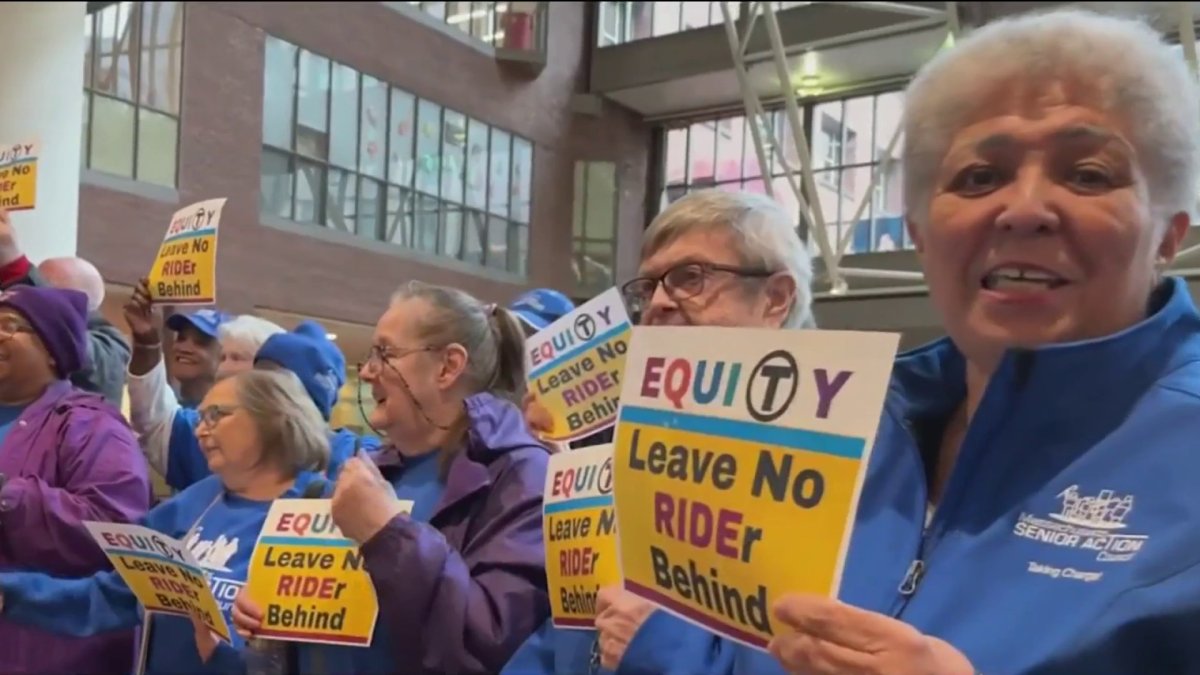MBTA approves low-income fare program, slashing prices for thousands of riders
A big moment at the MBTA on Thursday as a plan for reduced fares for low-income riders was given unanimous approval from the control board. The action makes it so anyone earning 200% or less of the federal poverty level could see their price for riding the T slashed in half by summer. “It just means so much to me… The MBTA has approved a plan to reduce fares for low-income riders, with anyone earning 200% or less of the federal poverty level expected to see their prices reduced by half by summer. The move was made possible with $45 million set aside in Gov. Maura Healey's proposed budget. However, there are still hurdles to clear, including passage of a final budget keeping these funds intact and ensuring that they will be available for years. The program could cost roughly $25 million in fiscal 2025, then rise to between $52 million and $62 million per year once fully implemented by fiscal 2029. Once demand increases, the T projects about 62,000 train, bus and ferry riders will benefit.

Published : a month ago by Matt Prichard, Chris Lisinski | State House News Service in
A big moment at the MBTA on Thursday as a plan for reduced fares for low-income riders was given unanimous approval from the control board.
The action makes it so anyone earning 200% or less of the federal poverty level could see their price for riding the T slashed in half by summer.
“It just means so much to me that we came together for a good cause,” said Malden resident Debra Allen.
“This is everything for me, for my community,” said Roxbury resident Mela Bush.
The move was made possible by $45 million set aside in Gov. Maura Healey’s proposed budget.
“It really goes to show that this is about equity, about access and about options for everyone in our community,” said Secretary of Transportation Monica Tibbits-Nutt.
But there are still a few hoops to jump through, including passage of a final budget keeping those dollars intact and making sure that money is available for years to come.
MBTA officials have estimated the program could cost roughly $25 million in fiscal 2025, then rise to between $52 million and $62 million per year once fully implemented by fiscal 2029. Once demand ramps all the way up, the T projects about 62,000 train, bus and ferry riders will take advantage, plus 28,000 people who use the RIDE paratransit service.
“We look to Beacon Hill to ensure ongoing, consistent revenue support for the low-income fares program through the coming years,” said Transportation 4 Massachusetts spokesperson Reggie Ramos.
Even if all that falls into place, the push for completely free transit fares is unlikely to lose steam.
“We’re really focused on finding revenue streams before talking about any additional services,” Tibbits-Nutt said.
Caveats aside, advocates are calling this a victory and hoping the impact will quell any concern.
“Any little bit of help is really important,” said Lynn resident Kathy Paul.
The program includes all forms of MBTA transit including the RIDE, which allows seniors and those with ADA needs to schedule trips.
